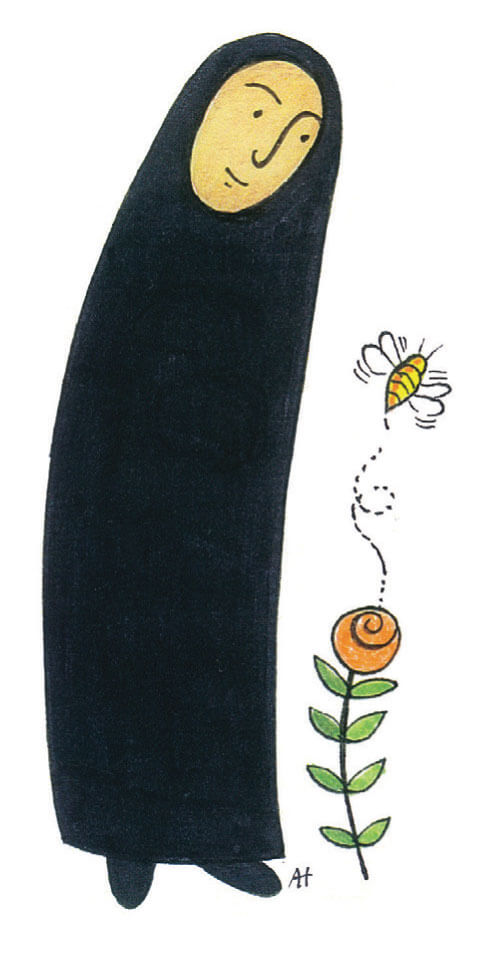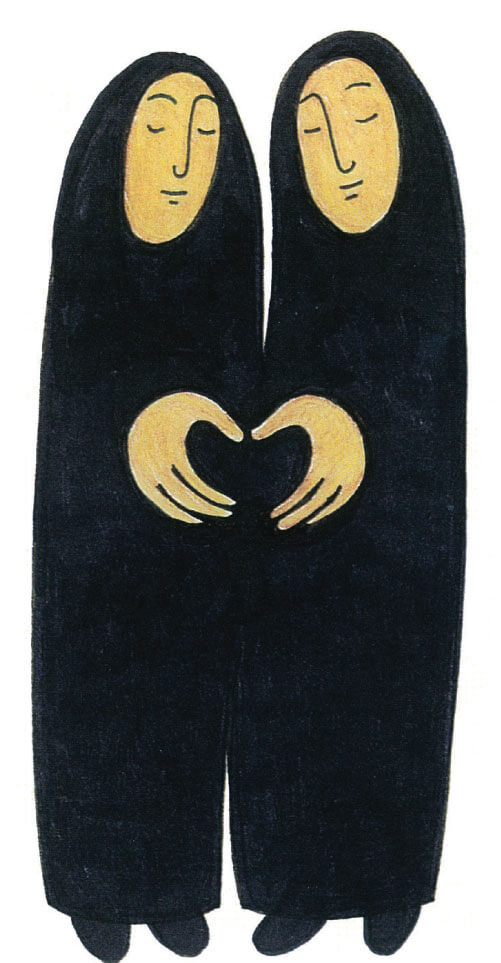by Joan Mitchell, CSJ

Jesus’ sayings in Sunday’s gospel give us a collection of proverbs. The blind can’t lead the blind. Students are not greater than their teachers. Don’t try to take a speck from your neighbor’s eye when you don’t see the plank in your own. A good tree produces good fruit.
These sayings which Luke includes in Jesus’ sermon on the plain are bits of folk wisdom like those Ben Franklin passes on in Poor Richard’s Almanac: “Early to bed, early to rise makes a person healthy, wealthy, and wise.” Proverbs are usually short. Usually proverbs have a rhyme, a vivid image, or a twist of phrase that makes them easy to remember.
Proverbs provide concrete, everyday ways to communicate wisdom to others and to new generations. They use familiar and down-to-earth imagery such as early birds and worms that make their wisdom accessible to all. Most cultures have proverbs that hold the values and express the wisdom of the people.
Wisdom accumulates with experience. For Israel wisdom begins in wonder at the abundance and beauty of hills clothed in flowers and wheat, in awe at the reliable turning of days to night and winter to spring. For Christians Jesus is wisdom. His every move and every word reveal the heart of God wanting our friendship and wholeness.
- What proverbs do you live by?
- What proverbs did your parents or guardians quote often?
- What proverbs do you quote to your children, students, or coworkers?

